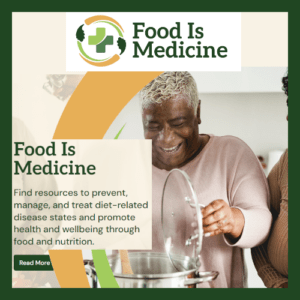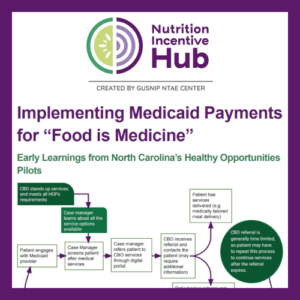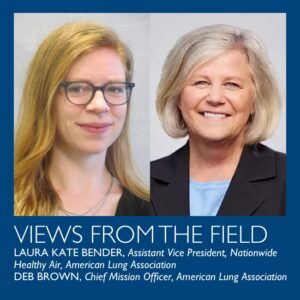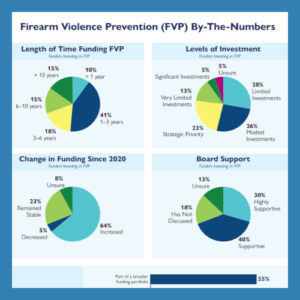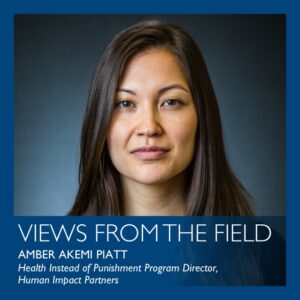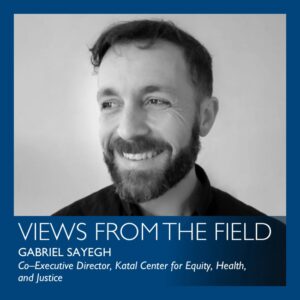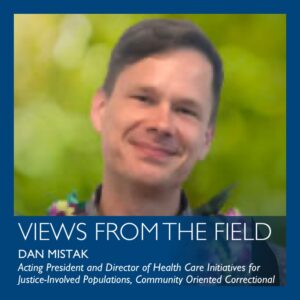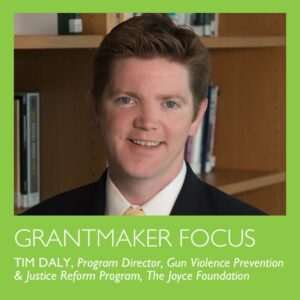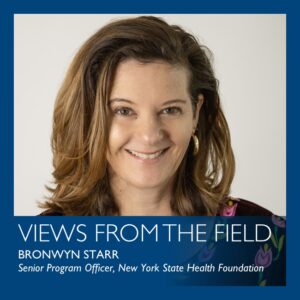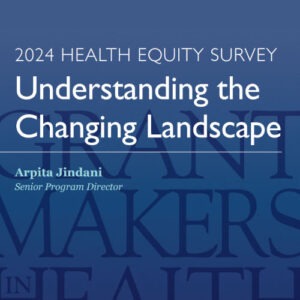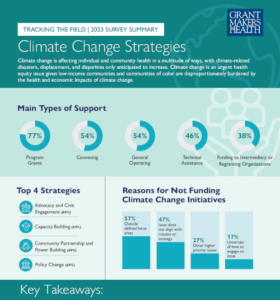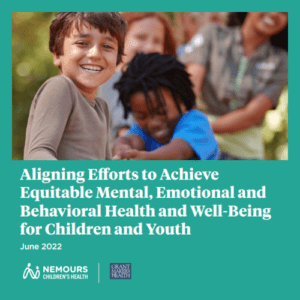Upcoming Events
Past Events
Featured Resources
New America Report Examines Subminimum Wage for Disabled Workers
Under the Fair Labor Standards Act, employers are allowed to pay disabled workers less than the federal minimum wage, which has significant impacts on these workers’ health and well-being. A report from New America examines, state by state, the policies that drive the use or elimination of the subminimum wage, as well as the programs each state provides to more comprehensively support individuals with disabilities as they seek meaningful employment and fair wages.
HHS Launches New Food is Medicine Virtual Toolkit
The Toolkit was developed in response to the National Strategy on Hunger, Nutrition, and Health and to support communities design and implement effective Food is Medicine interventions.
Case Study Examines Early Learnings in Using Medicaid Payments for Food is Medicine
A new resource commissioned by the Fair Food Network examines the early learnings from the Healthy Opportunities Pilots effort in North Carolina to use federal 1115 Medicaid Demonstration Waiver funding to scale and sustain community-based implementation of a combination of produce prescription programs, medically tailored meal programs, and nutrition education.
Explore Health Equity and Social Justice Topics
Recent Items - Climate and Environmental Health
The Health Sector is a Critical Voice in Climate Advocacy
Recent Items - Health Equity
Let’s Take Courageous Steps Together in 2025
Recent Items - Healthy Eating/Active Living
The National Peanut Board: April 2025
Recent Items - Housing
Marin Community Foundation: October 2024
Horizon Foundation: September 2024
Recent Items - Justice Reform
Recent Items - Social Determinants of Health
Marin Community Foundation: October 2024
Recent Items - Violence Prevention
The Joyce Foundation
Latest Resources
How Local Health Departments Can Commit to Transformative Change through Racial Healing
In this new era of public health care and practice, as our global community continues to endure the impact of a pandemic, we have a unique opportunity and responsibility to ensure we do not fall back into old patterns. This is our chance as a larger health-focused collective to use our expertise, influence, and resources to change the landscape of health. Governmental agencies, nonprofits, clinical and non-clinical groups, and funders have an important role in the future of public health.
Incarceration and Public Health: Going Bold to Achieve Health Equity
Two years into the COVID-19 pandemic, the field of public health has sprinted a marathon to address the ongoing crisis — we have implemented mass vaccination plans, pushed back against misinformation campaigns, and taken action in the face of slashed budgets and outright assaults on our lives. But as a public health researcher and advocate, I believe there is a critical place where we have fallen short, and with dire consequences: connecting the dots between incarceration and health.
Investing in Nutrition Security Post-Pandemic
During the first year of the pandemic, despite being a rural agricultural region with over 4,000 small farms, the food insecurity rate across the North Country counties of New York rose from 11 to 15 percent. In March 2020, with funding from New York State Health Foundation (NYSHealth), the Adirondack Foundation, and the Cloudsplitter Foundation, AdkAction partnered with the Hub on the Hill, a nonprofit food hub, to launch its Emergency Food Packages (EFP) project to assist local families facing food insecurity due to the COVID-19 pandemic. EFP succeeded in delivering thousands of healthy, locally produced food packages to people in need while also supporting hard working farmers across the region.
Perinatal Safe Zone: Supporting Women-led Birth Equity Work
We believe that creating a Perinatal Safe Zone will require multisector mobilization at the regional level. A mobilization at this level will require participation from hospitals, legislators, and state agencies, while centering Black and Brown led organizations and leaders working to achieve stable and affordable quality housing; welcoming, flexible, and equitable workspaces, with paid parental leave and universal child care services; a just food system; safe and walkable neighborhoods; a caring and supportive network of community members; and access to holistic and culturally congruent wellness practices.
Less Criminalization = Better Health + More Justice
Last year, New York State passed the most sweeping parole reform measure in the country. The Less Is More Community Supervision Revocation Reform Act has far-reaching implications for the health and liberty of tens of thousands of people every year, by making critical changes in how the state handles noncriminal violations of parole conditions.
Key Facts on Health and Health Care by Race and Ethnicity
The Kaiser Family Foundation has released an updated chart pack “Key Facts on Health and Health Care by Race and Ethnicity” which analyzes racial and ethnic health disparities across several measures, including health coverage, access to care, and health status.
Reports and Publications
2024 Health Equity Survey: Understanding the Changing Landscape
In 2024, Grantmakers In Health (GIH) surveyed its Funding Partners to understand how their health equity work has evolved. The survey consisted of 40 questions including demographic information, program focus areas, partner engagement, organizational strategy, priority population, successes, and challenges. This report summarizes findings from the Health Equity Survey titled, “Understanding the Changing Landscape.”
2023 Survey Summary: Climate Change Strategies
This infographic summarizes the responses to a Grantmakers In Health funder survey, conducted in May and June 2023, on how philanthropy is addressing climate change, and the barriers and opportunities that exist to support climate-related efforts.
Aligning Efforts to Achieve Equitable Mental, Emotional, and Behavioral Health and Well-Being for Children and Youth
This report issues a call to action for philanthropic organizations and public-sector partners that are ready to move forward in improving mental, emotional, and behavioral health. It describes existing philanthropic and federal initiatives and offers a potential portfolio of aligned strategies for private- and public-sector partners to consider.
Strengthen your knowledge, skills, and capacity.
GIH focuses our programming around five areas that are critical to achieving better health for all.
We invite you to explore the resources available on our focus areas pages, browse content in more specific issue areas, and to connect with GIH staff to discuss how we can partner and support your work.


